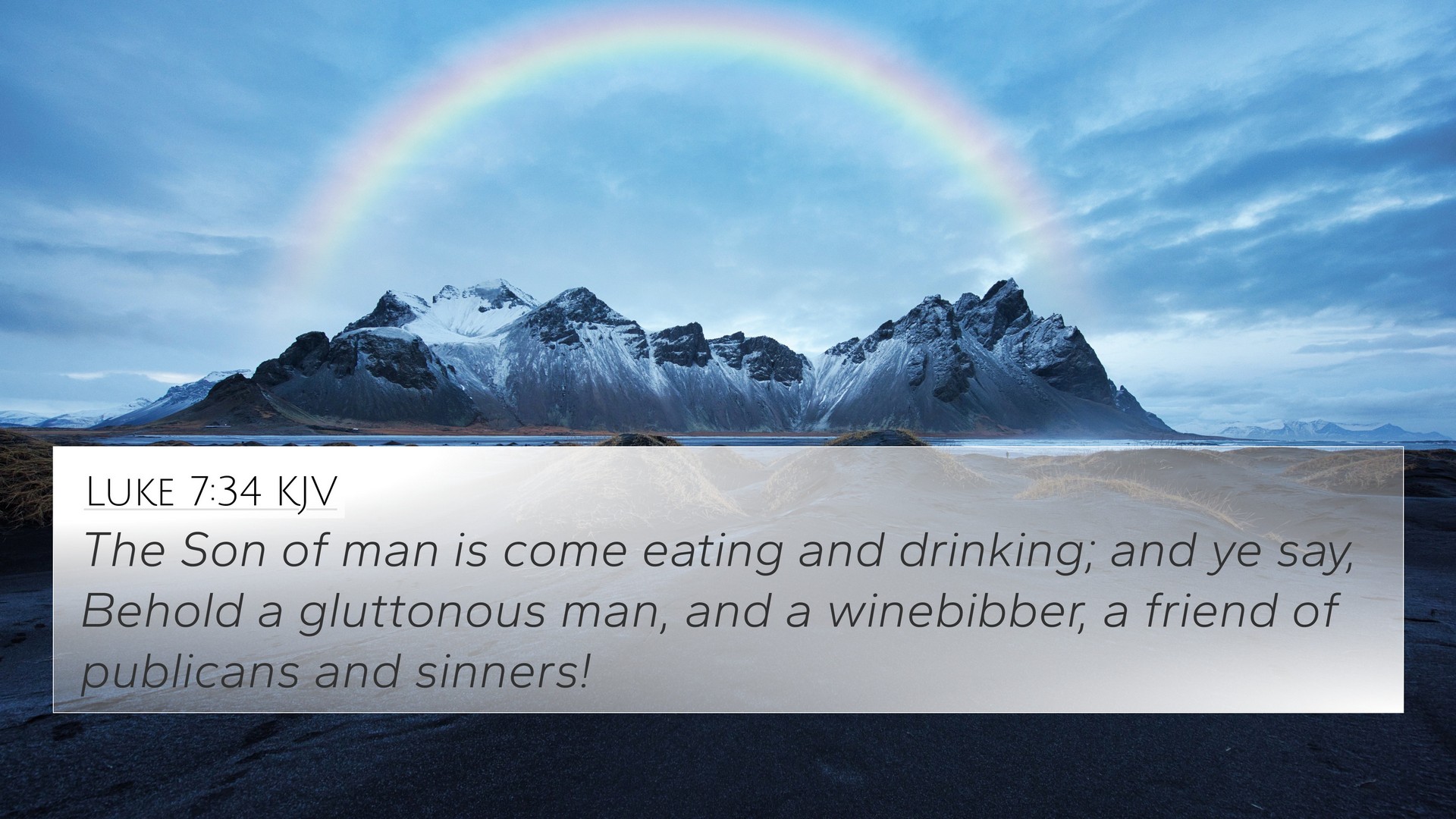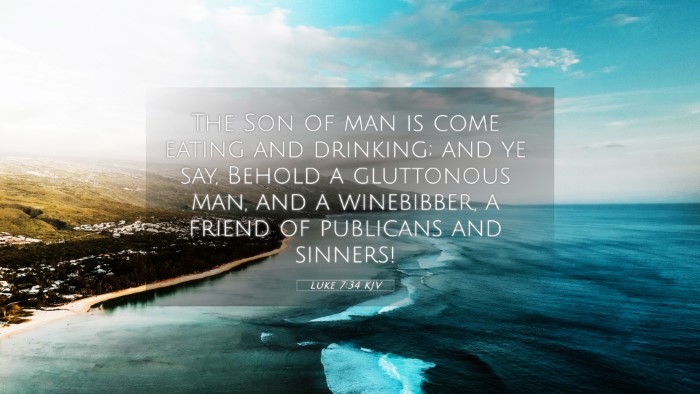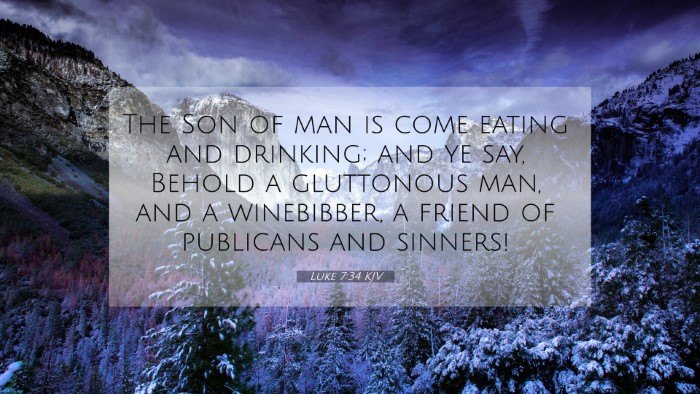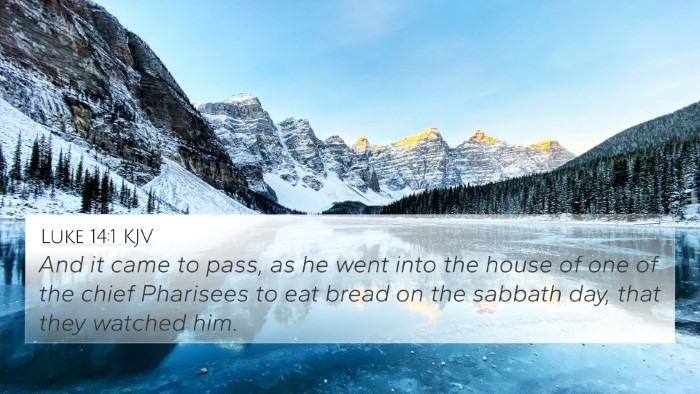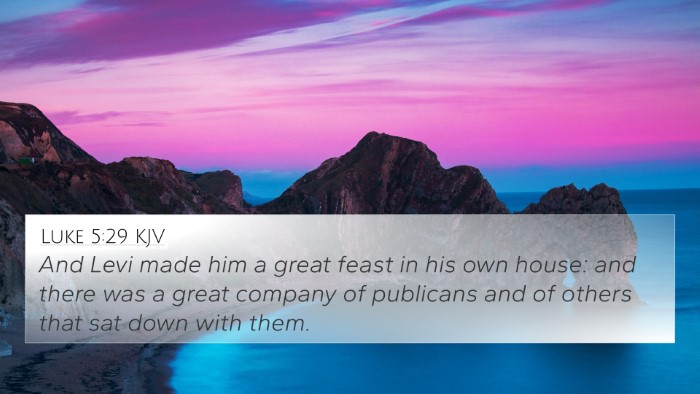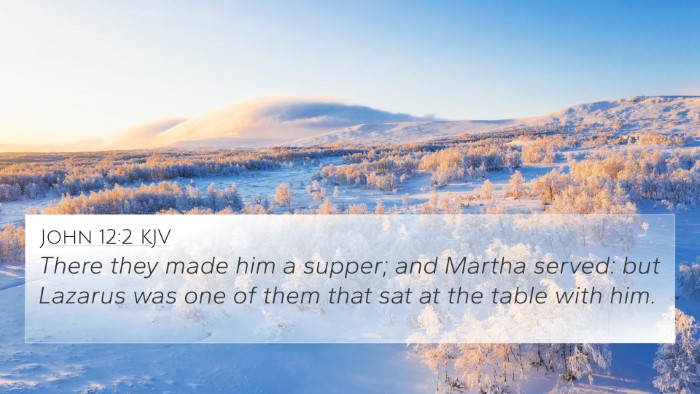Understanding Luke 7:34
Luke 7:34 states: "The Son of Man has come eating and drinking, and you say, 'Look at Him, a glutton and a winebibber, a friend of tax collectors and sinners!'" This verse highlights the criticism Jesus received for His open relationships with social outcasts and sinners.
Summary of Meaning
This verse illustrates a central theme in Jesus' ministry—His association with those deemed unworthy or sinful by societal standards. Through this association, Jesus challenges the religious leaders' perceptions and invites reflection on the true nature of His mission.
Commentary Insights
-
Matthew Henry:
Henry points out that Jesus’ demeanor and approach are often misunderstood. His eating and drinking with sinners represent His mission to seek and save the lost, demonstrating grace contrary to the legalistic views of the Pharisees.
-
Albert Barnes:
Barnes emphasizes that the accusations against Jesus reflect the prejudices of the religious leaders. By calling Jesus a "glutton" and "winebibber," they reveal their failure to recognize the compassion and saving purpose of His ministry.
-
Adam Clarke:
Clarke discusses how the phrase "friend of tax collectors and sinners" signifies Jesus’ role as a savior to those in need. His relationships with these individuals reveal His transformative love and the reality of God’s grace available to everyone, not just the righteous.
Bible Verse Cross-References
Luke 7:34 connects with the following scriptures, highlighting the thematic elements of Jesus' ministry:
- Matthew 11:19: "The Son of Man came eating and drinking, and they say, 'Here is a glutton and a drunkard, a friend of tax collectors and sinners.'"
- Luke 5:30: "But the Pharisees and the teachers of the law who belonged to their sect complained to His disciples, 'Why do you eat and drink with tax collectors and sinners?'
- Mark 2:16: "When the teachers of the law who were Pharisees saw Him eating with the sinners and tax collectors, they asked His disciples: 'Why does He eat with tax collectors and sinners?'
- Matthew 9:11: "When the Pharisees saw this, they asked His disciples, 'Why does your teacher eat with tax collectors and sinners?'
- John 4:9: "The Samaritan woman said to Him, 'You are a Jew and I am a Samaritan woman. How can you ask me for a drink?' (For Jews do not associate with Samaritans.)"
- Luke 15:2: "But the Pharisees and the teachers of the law muttered, 'This man welcomes sinners and eats with them.'
- Isaiah 61:1: "The Spirit of the Sovereign Lord is on me, because the Lord has anointed me to proclaim good news to the poor. He has sent me to bind up the brokenhearted, to proclaim freedom for the captives and release from darkness for the prisoners."
- 2 Corinthians 5:21: "God made Him who had no sin to be sin for us, so that in Him we might become the righteousness of God."
- Luke 19:10: "For the Son of Man came to seek and to save the lost."
- Romans 5:8: "But God demonstrates His own love for us in this: While we were still sinners, Christ died for us."
Thematic Connections
The themes present in Luke 7:34 invite deeper exploration into the nature of Jesus’ relationships with marginalized groups in society. This reflects a broader pattern of His engagement with sinners and the radical grace that defines His ministry.
Tools for Bible Cross-Referencing
Understanding and interpreting Luke 7:34 can be enriched using various tools:
- Bible concordance for finding related verses.
- Bible cross-reference guide for identifying thematic links.
- Cross-reference Bible study to explore connections in depth.
- Identification of connections between Old and New Testament references.
- Diversity of cross-referencing Bible study methods to enhance comprehension.
Conclusion
The analysis of Luke 7:34 not only sheds light on Jesus’ mission but also encourages believers to reflect on their own perspectives regarding those who are marginalized. Engaging with the cross-references deepens the understanding of Jesus’ transformative grace and the inclusive nature of His message, fostering a compassionate approach toward all individuals, regardless of societal status.
